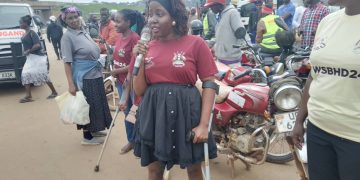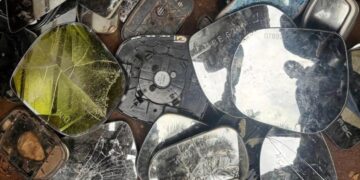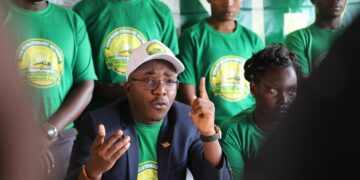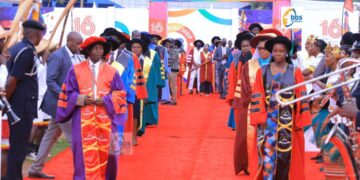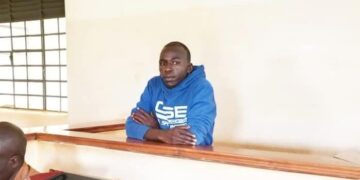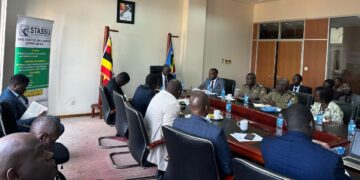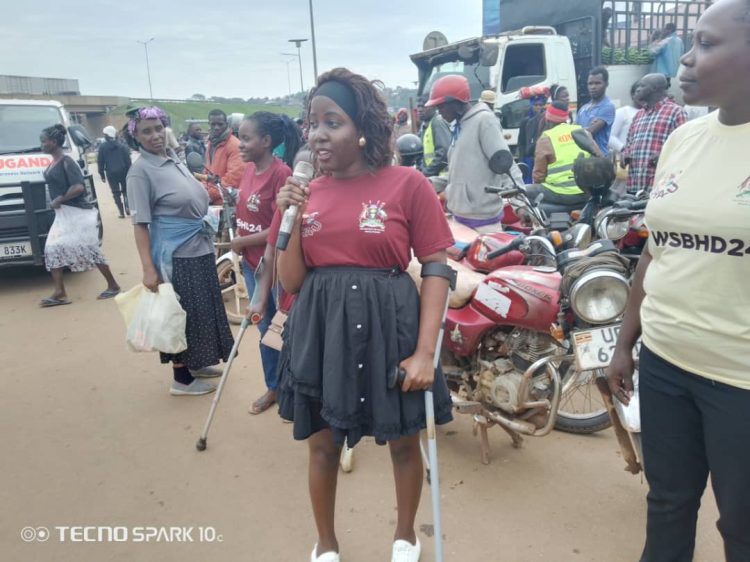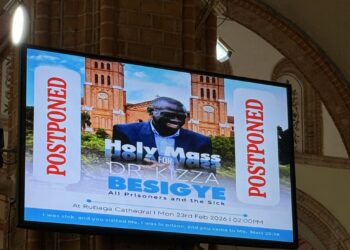By Leonard Kamugisha Akida,
KAMPALA
Persons living with spina bifida and hydrocephalus in Uganda have voiced concerns over families exploiting patients with these conditions for roadside begging. They expressed frustration that many parents use their children’s conditions to solicit money instead of seeking proper medical treatment.
Spina bifida, a birth defect where the spine and spinal cord do not form properly. The National Institute of Health reports up to 10 in every 1,000 babies have spina bifida, affecting an estimated 1,400 children born annually in Uganda. The condition occurs when the spinal cord fails to develop correctly, leading to either a large sac or a deep opening where the spine should be. Types of spina bifida include myelomeningocele, meningocele, and occulta.
Efrance Nadongo, a young hydrocephalus patient, criticized parents who treat their children as sources of income, using their medical condition as an excuse for begging rather than supporting them with medical care.
“When parents have a child with such a condition, they often see them as a source of wealth, using them for roadside begging while claiming that their treatment is too costly,” Nadongo said.
 She urged the public to stop giving money to such “beggars”, explaining that the practice only perpetuates the cycle of exploitation.
She urged the public to stop giving money to such “beggars”, explaining that the practice only perpetuates the cycle of exploitation.
“For every coin you give to a spina bifida ‘beggar,’ you make begging more lucrative and treatment less accessible. Don’t give them even 100 shillings,” she emphasized.
They also raised concerns about discrimination, stigmatization, and extortion, which further limit their access to social services.
“Spina bifida patients often rely on Boda Bodas, but they are frequently overcharged or even denied transport service. In schools, they face discrimination from teachers and fellow students, and some parents have neglected children with this condition,” Nadondo explained. 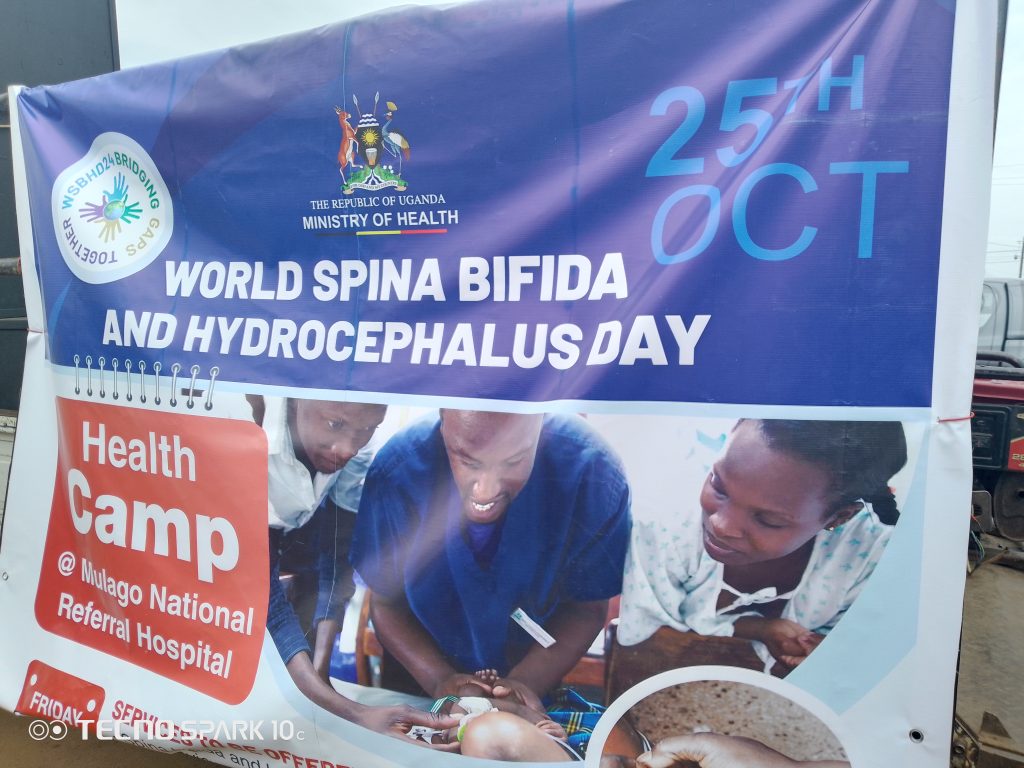
On Friday, October 25th, 2024, Uganda will join the global community in celebrating World Spina Bifida and Hydrocephalus Day. National celebrations will take place at New Mulago Hospital in Kampala, beginning with a free medical camp at 8 a.m.
Winfred Nabikolo, the Patients Liaison Officer at Spina Bifida and Hydrocephalus Uganda (SHA-Uganda), pointed out that low-income families are particularly affected by the high cost of essentials like diapers, wheelchairs, supportive walking sticks among other essentials. She blamed the high cost and limited supplies of essential goods on the negative impact of taxes imposed on diapers and sanitary products by Parliament.
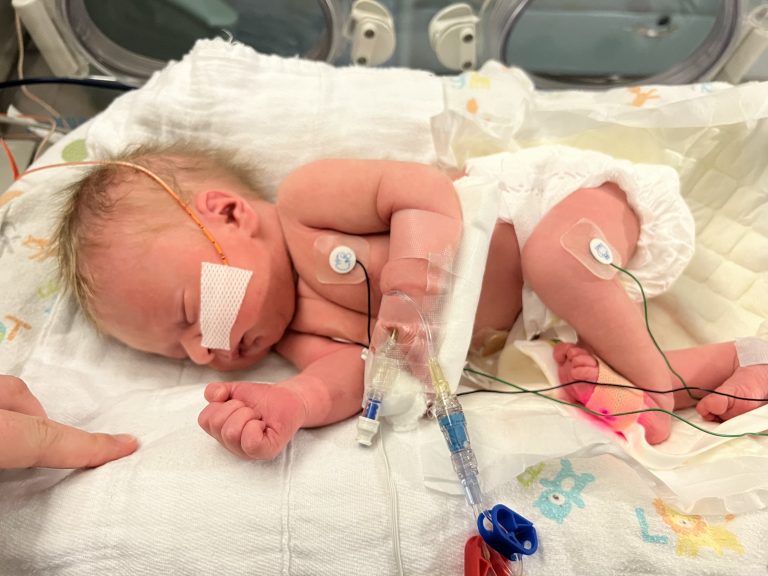
In May 2023, Parliament approved a tax on diapers and rejected a proposal to exempt adult diapers from taxation, citing concerns over their alleged use in promoting homosexuality in Uganda.
“The cost of diapers adversely affects caregivers of spina bifida patients and reduces household incomes,” Nabikolo said. She called on the government to exempt diapers from taxes, noting that many Ugandans rely on them.
The patients continue to advocate for better access to healthcare, fair treatment, and financial relief for their caregivers. Parents and guardians of patients with spina bifida condition have been urged to bring them to Mulago for treatment on Friday at a free cost.
